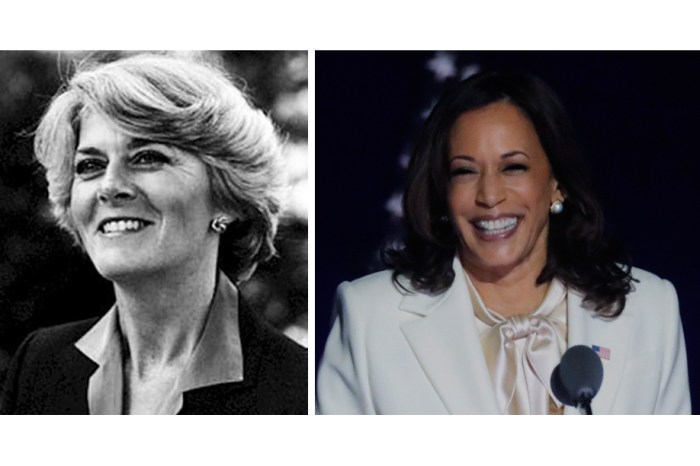
Police Commissioner Bill Bratton says race wasn’t a factor in the case of Eric Garner, the black man who died — possibly from an NYPD-banned chokehold — as officers sought to cite him with selling loose cigarettes in Staten Island.
Yet race has been at the heart of virtually every public discussion after Garner’s death. Some supporters of Mayor Bill de Blasio who opposed Bratton as commissioner have called for his resignation. Others want to modify or end his “broken windows” policy — going after quality-of-life crimes to prevent serious ones — saying it targets blacks.
During his campaign last year, de Blasio’s attacks on stop-and-frisk resonated with many black New Yorkers who view cops differently from many of their white counterparts. By and large, many white Americans trust the police but many black Americans do not.
NYC has experienced its share of racially polarizing police incidents. In the 1970s, the Black Liberation Army or its associates killed four officers and wounded two. In 1972, officer Phillip Cardillo was fatally shot inside a Harlem mosque. In 1988, Larry Davis, a 20-year-old black man wanted in several slayings, shot six white officers.
The police also have killed innocent blacks: 25-year-old Michael Stewart in Manhattan in 1983, 29-year-old Anthony Baez in the Bronx in 1994, and 22-year-old Amadou Diallo in the Bronx in 1999.
For three decades, no one has been more racially polarizing in NYC than the Rev. Al Sharpton, who defended Tawana Brawley, a black teen who falsely claimed she was raped by a white man, who was then a prosecutor. Despite not apologizing and refusing to pay his share of a $345,000 award for libel, Sharpton has been embraced by de Blasio.
While the mayor vacationed last week, Sharpton led demonstrations and contacted the feds about prosecuting the officer in Garner’s case, Daniel Pantaleo, who is white, for civil rights violations. While he may be posturing, Sharpton appears to be well-positioned. Could he persuade the mayor to change his stance on Bratton, in whom the mayor says he has full confidence? Or on broken windows, which the mayor says he fully supports?
De Blasio will be asked whether the enforcement of minor crimes warranted Garner’s takedown. If he and Bratton disagree, things could become interesting.

















